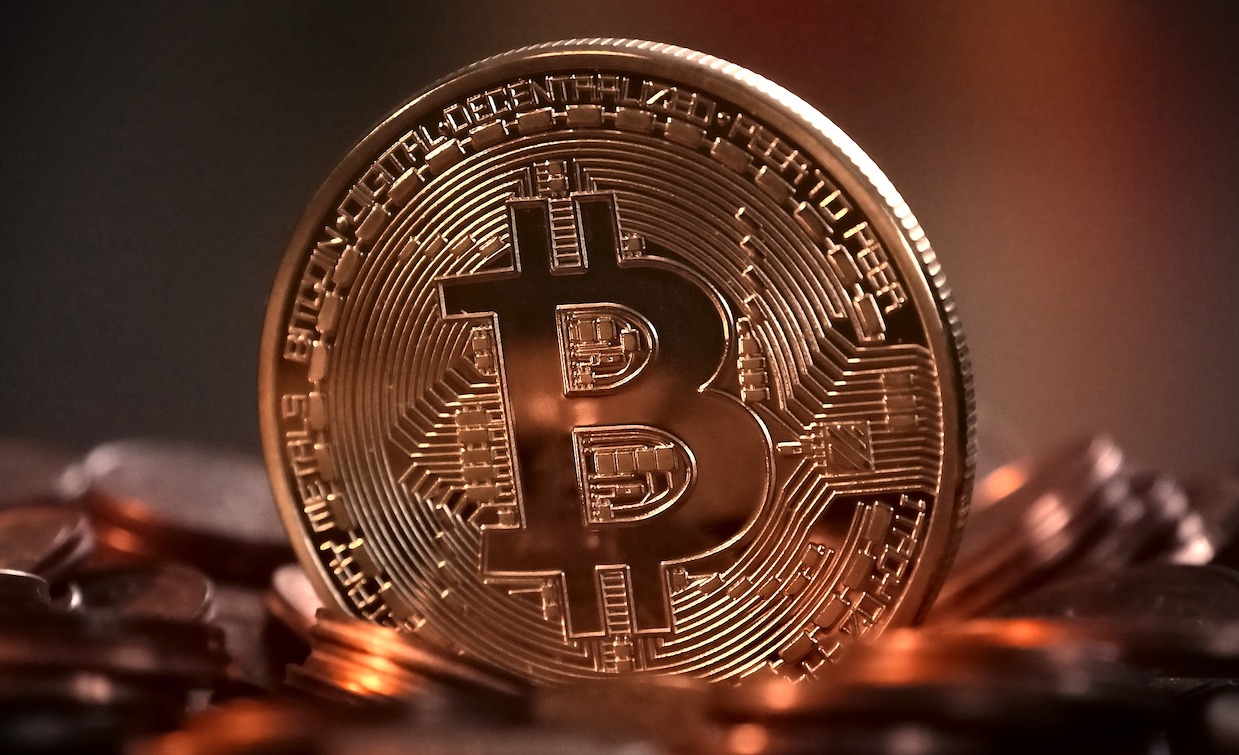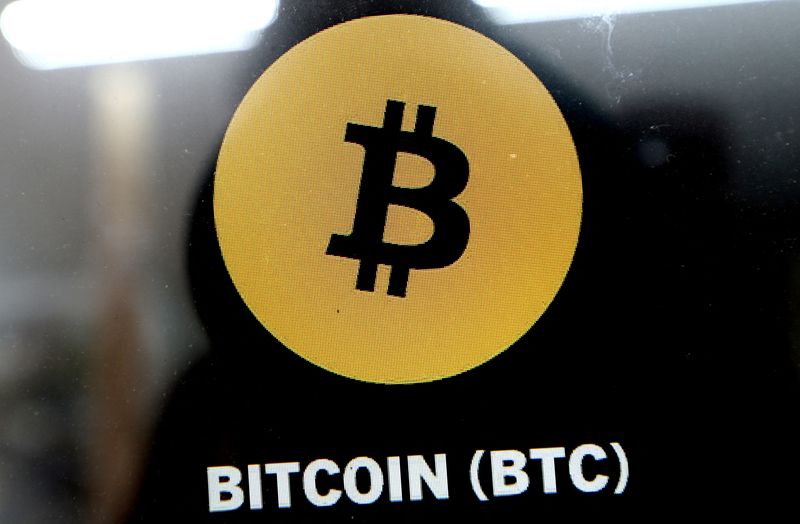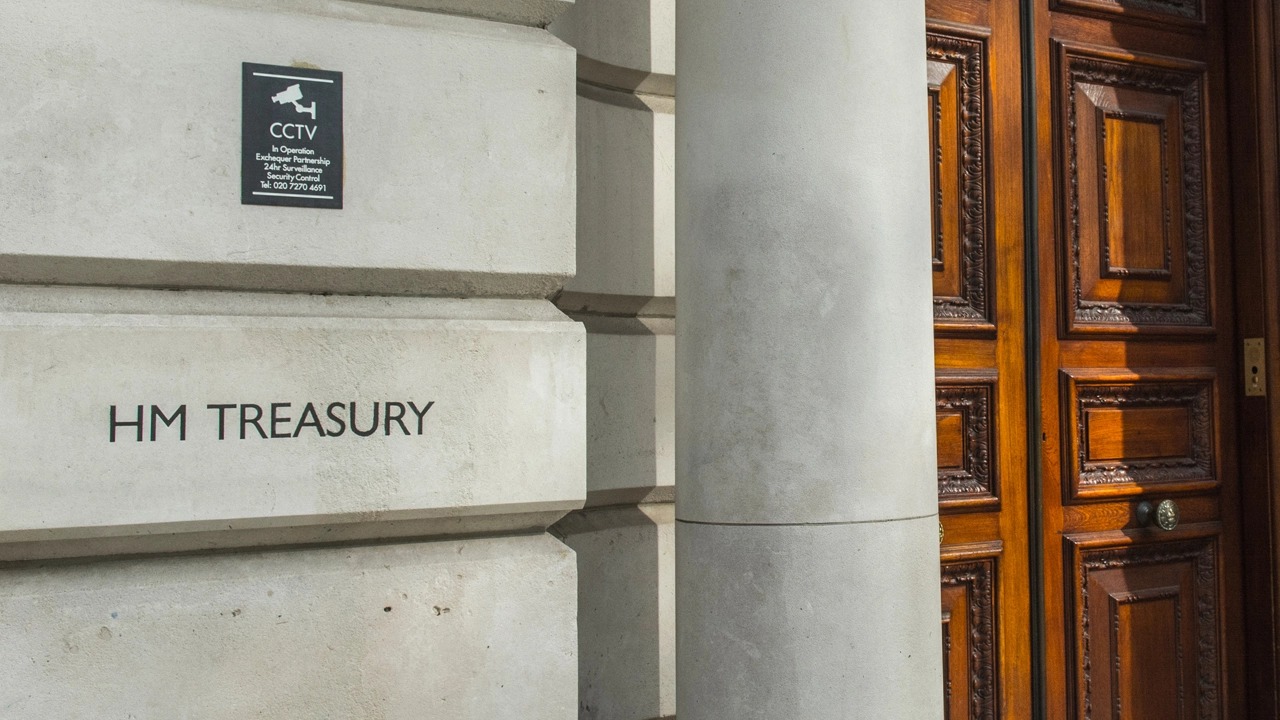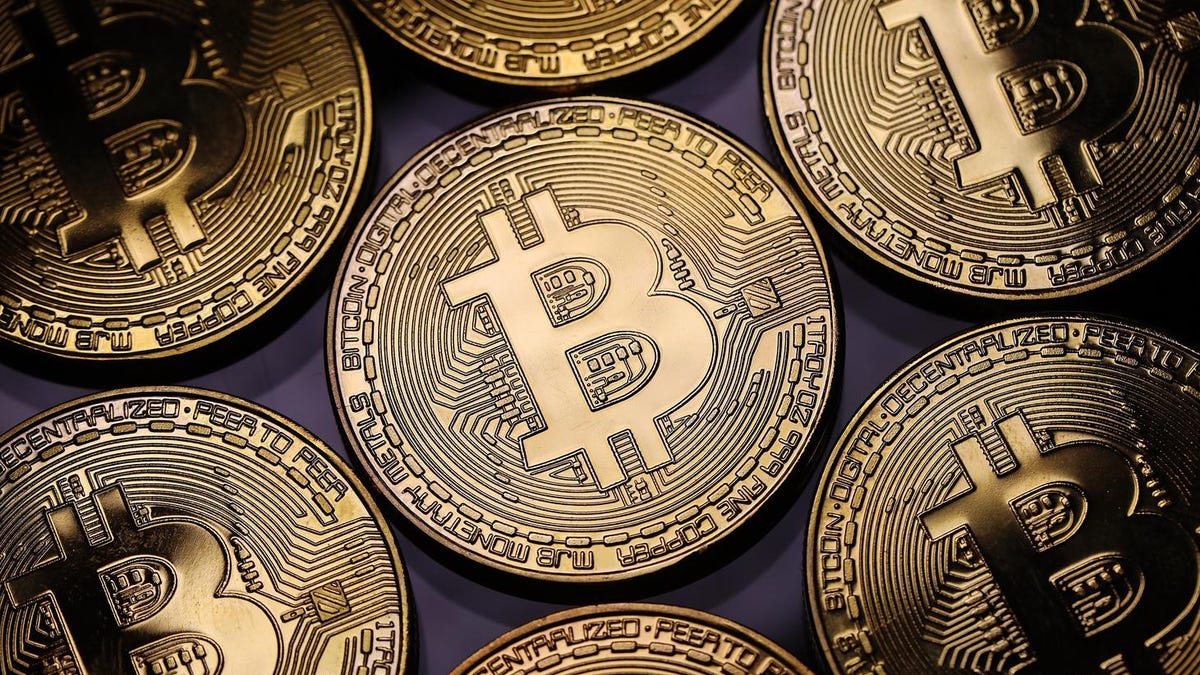
In a recent interview with CNBC, American billionaire hedge-fund manager Paul Tudor Jones stated that bitcoin has a “real problem” due to the unfriendly regulations in the US.
Jones stated that Bitcoin has a serious problem in the United States because there is a whole regulatory apparatus against Bitcoin.
The infamous trader appeared on CNBC’s Squawk Box Monday and spoke about his bitcoin investments. He said that he would stick to it.
Jones said, “I’m sticking to it.” I’m going always to stick with it, as a small diversification in my portfolio.
Bitcoin’s value peaked in November 2021 at around $68,000. It has now fallen to about $27,000 by Monday evening.
US regulators’ view on Bitcoin
In an interview with ‘s Intelligencer, Gary Gensler, the chair of the Securities and Exchange Commission, said bitcoin was not a financial instrument.
Gensler also stated that most cryptocurrencies were securities, and are therefore regulated by SEC.
It is important to make this distinction, as the CFTC regulates futures, swaps and options, while the SEC oversees securities like stocks.
Rostin Behram, Chair of the Commodity Futures Trading Commission, believes that bitcoin is a product and therefore falls under his jurisdiction.
US lawmakers are working to create a bill that will make it clearer whether cryptocurrencies should be classified as commodities or securities.
Sens. According to blockworks, Cynthia Lummis (R-Wyo.) and Kirsten Gilibrand (D-N.Y.) plan to introduce this spring a revised version of the Responsible Innovation Act that was first introduced in June last year.
The pair also addressed stablecoins, taxes and the CFTC.
The legislators said that the newer version would be more detailed in defining tokens, and will clarify definitions.




